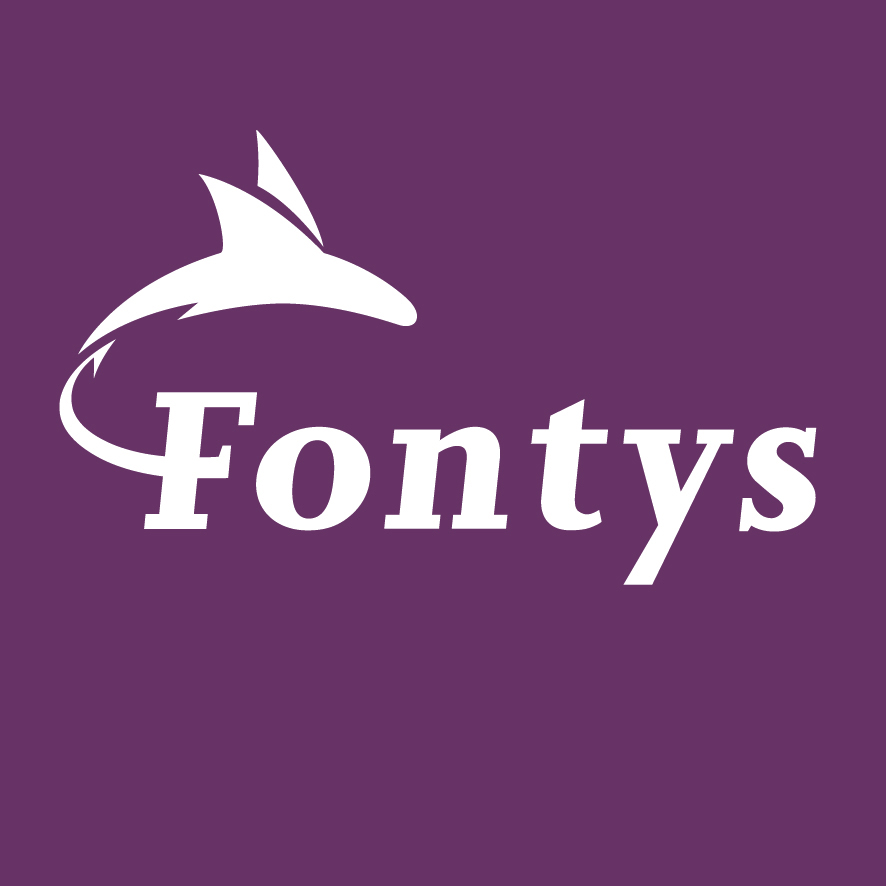Enhanced AI Techniques
Artificial & Convolutional Neural Networks, Deep Learning, Reinforcement Learning & NLPThis semester introduces the student who already has a firm base in Artificial Intelligence techniques and knowledge of “basic” Machine Learning (ML) algorithms (like k-Nearest Neighbors, Decision Trees, Random Forest, Linear Regression, Support Vector Machines, and Clustering) to the next level in the booming and thrilling field of working with AI.
In this semester, the student will work with Deep Learning techniques, like Artificial Neural Networks (ANN), Convolutional Neural Networks (CNN), Natural Language Processing (NLP) with Large Language Models (LLMs), and Reinforcement Learning (RL) techniques. Students use the Research Based didactics form, to explore the best manner to tackle a given AI-problem and are challenged to convert the technical and often mathematical findings in a manner suitable for an audience that is perhaps less educated in those AI techniques.
The focus in this semester lies on retrieving the requirements from the stakeholder(s), gathering datasets, check on their usefulness in the light of the appropriate domain knowledge, enrich them if necessary, explore the most promising machine learning algorithms, apply them and optimize the working and finally provide the stakeholder(s) with the optimal end result(s). So, this semester goes way further than applying ChatGPT.
The semester consists of 4 parts. First, semester week 1 is an introduction programme, to inform and inspire to work in the AI field even further. Then, the Core Programme takes place (i.e., weeks 2-9), in which the student dives into 4 main deep learning algorithms: ANN, CNN, NLP and RL.
For each of those subjects, theoretical workshops will be given by experts, followed by (individual) ML exercises to check if the student understands each of those specific Machine Learning technique. Third, next to the more theoretical Core Programme, during the whole semester students also work together (in a small group) on a practical group project for an external client, like ASML, Canon, PSV. There, students use the Research-Based didactics form to explore what their client wants and how that can be achieved in the best way, using the appropriate AI techniques and tools.
Both halfway the semester and towards the end, the student showcases their group project work in an event. Fourth, in the data challenge (weeks 7-18), the student choses one Deep Learning technique, to (either solo or as a duo) show a deeper level of applying that technique on an AI topic and dataset(s) of their own choosing.
To start in this advanced AI semester, a firm base knowledge level is needed in how to collect and store (large) datasets, apply basic Machine Learning algorithms (preferably by using Python code in Jupyter notebooks), and use data visualization techniques. Therefore, it is strongly recommended to have successfully completed the “AI Core” semester, which is about to be renamed MAIN semester “Machine Learning & Data”.
Currently (March 2025), two new AI semesters are being developed: the INTRODUCTION semester “AI Basics” and the MAIN semester “Applied Generative AI”. For the (near) future, it is recommended to have completed at least one of those as well. This semester prepares the student for the graduation semester, by a strong focus on applying research and reporting the findings.

